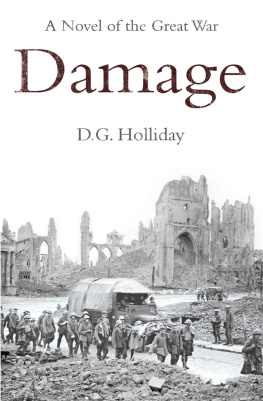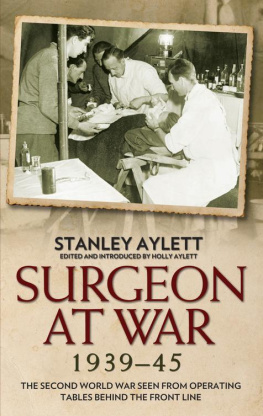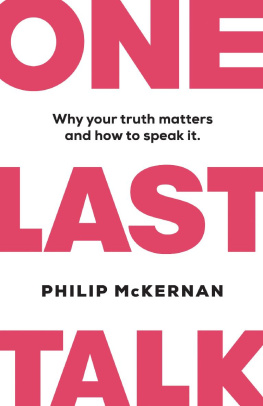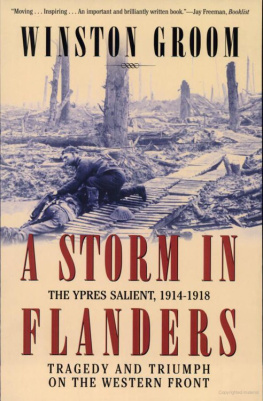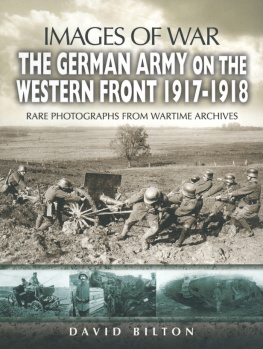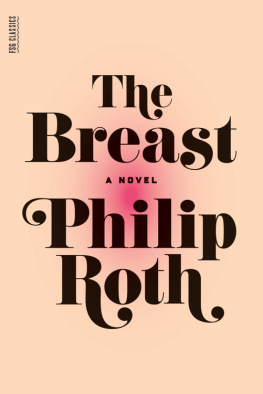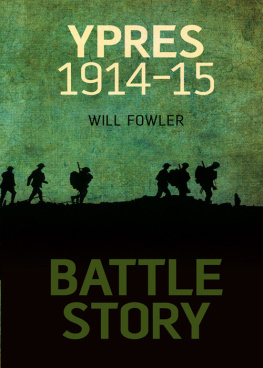Copyright 2014 D.G. Holliday
The moral right of the author has been asserted.
Apart from any fair dealing for the purposes of research or private study, or criticism or review, as permitted under the Copyright, Designs and Patents Act 1988, this publication may only be reproduced, stored or transmitted, in any form or by any means, with the prior permission in writing of the publishers, or in the case of reprographic reproduction in accordance with the terms of licences issued by the Copyright Licensing Agency. Enquiries concerning reproduction outside those terms should be sent to the publishers.
Matador
9 Priory Business Park,
Wistow Road, Kibworth Beauchamp,
Leicestershire. LE8 0RX
Tel: (+44) 116 279 2299
Fax: (+44) 116 279 2277
Email:
Web: www.troubador.co.uk/matador
ISBN 978 1788030 496
British Library Cataloguing in Publication Data.
A catalogue record for this book is available from the British Library.

Matador is an imprint of Troubador Publishing Ltd

On a hurried leave toward the end of October I made directly for Somerset and the old vicarage where Aunt Louisa, her letter had wryly forewarned, might now have become a shameless invalid, one limb and another lately going insubordinate. My jangle on the iron bell got a sing-song cry from within and had her tugging open the door, effusive as ever. A stay of the one brief night she would not have; confirmation of great-nephew Davids appointment to the curacy of a High Church parish in Berkshire had rejoiced the heart and eased the bones. So she laid out a leisurely tea in the conservatory, adjusted the bamboo chairs and the damask cushions, and we enjoyed the warmth of the mellow autumn sun. She enthused on the place of ceremony, the nature of ritual, and I was able to assure her that in three years of Army chaplaincy I had found my Broad Church principles to be robustly serviceable, alongside the disciplines and observances of assorted colleagues; and in supporting the men, officer and ranker, whose only discipline might be the drills, the rules and regulations, of the Army itself. We admired the greens and yellows of the hardy shrubs glowing beyond the panes of glass. Her reflection was a burnished pink; for a moment I saw the hale and lively aunt of my childhood.
Ritual always has meaning, Philip. From the earliest times. Always meaning.
My smile was overmuch courtesy and too little conviction.
Smiling wont do. But she smiled herself. Ritual puts a large matter into a lesser space. You were taught so, at college. Symbols. A symbol is a great thing written small, for human sense and inspiration. Look at your Ypres. All of Belgium is there, in that little corner of the country.
Across the lawn Robert from the village had straightened up at his scything, a final mow before the threat of frost, one supposed, and was wiping the blade. Not a necessary action perhaps, rather a symbol of sorts, to show the thorough workman; or, by his faint wince, a relieving of the back. A symbol may lie merely in the eye of the beholder. Not Ypres though. Ypres looms starkly in the eyes of the world. A Belgian doctor had said, as our dressing-station came under shell-fire, To die here at Ypres, Mr Glover, I will accept that, for the history books.
The grass was thick and lush this year, yes, the silage for Roberts old mare would last into the spring and save many a sack of oats. In former days the vicarage had been a manse, with ground enough to rear a big family. Even so the remaining half-acre yielded generously, Robert doing wonders in the vegetable plots each turn of the calendar page and the dozen beehives ensuring pollination of the pear-blossom in April, the apple in May. The rows of jars in the pantry glistered, the honey many-hued, from palest lemon through apricot to rich amber You were always a boy for colours extracted with utmost patience by fearless Mr Drage, who at eighty laboured on and now had finished the double quilting of the hives against the cold months. He knew cider and perry too, and cordials and wines, and chafed to see fruits here and there on the boughs not fallen, oblivious of their purpose in this world. Bees were otherwise, never minding the removal of the last of the honeycombs at Michaelmas, later if the season continued benign, and accepting the sugar-syrup as their nourishment without quibble.
Your father used to do most of the work, you know. Then the new church was built, all soulless brick fetched in by the railway, when the village spread the other side of the station. So he retired to Wiltshire, to Malmesbury, and his studies. There had been a little money, from an old bequest; and some from the Church; and also from our mothers passing. That had been a difficult time for my brother, Cyril. I had appeared and his mother was gone. Such a brave boy! You are two fine boys, Philip. Elderly aunts need their dear nephews. Somerset too was dear, and time-honoured, its countryside and its towns, and glorious Wells; and Exeter in Devon, and Gloucester, cathedral cities all three and she had shown us around them in our long summer holidays.
We played cricket when we came to see you, with the village lads. One of their uncles was foreman at the iron mines, over in the Brendon Hills. He took us there. A tunnel into the hillside, sloping upward so as to drain the water out, they said. Giant men trucks rumbling! Dark and sinister, to a ten-year-old.
You were imaginative boys, growing up. You loved the hills. Coleridge and Wordsworth you were, for a while.
How could one not aspire to be a poet, gazing out from Wills Neck and Bagborough Hill, out from the Quantocks across the Vale of Taunton? Yet we wrote nothing. Cyril said that a young man having about him a book of verses is as beloved of the Muses as the poet himself. So we read The Ancient Mariner and walked to Nether Stowey and wondered at the press of boats in Watchet Harbour. But why, says Cyril, did Coleridge speak of a kirk, as the mariner came home to his own country, and not a church? And how could Shelley say that poets are the worlds unacknowledged legislators? Poets Cyril soon declared are men permitted to be silly without fear of incarceration. He was going off to law school and plain truths and realities. Youth may be footloose and have its term of wildness, its French Revolution Bliss to be alive! but soon must come Ode to Duty. Radicals for a year or two, Wordsworth and Coleridge both, and then steady as yeoman or burgher a lifetime. As for poet-legislators, I had yet to discover Solon the Athenian and when I did so Cyril had passed beyond the reach of ancient exemplars.
You retained the poets mind, Philip. You said that the albatross was an image of the profound sacredness of life. Its death was a rupture in the universal order, to be healed by the mariners suffering. Cyril was right for the Law. You were right for the Church.
Father used to say, If you can do nothing virtuous each single day then do something interesting. I think we do, Aunt, in our modest way. Cyril will be no barrister or judge and I no bishop!
There never was a stuffed shirt in the family, Philip, that I recall.
The weather holding dry next morning, though overcast, and my visit being duly spun out, I asserted the claim of a man of two-and-thirty to a spell of honest exercise, and joined Robert and his grandsons at their lifting of the last patch of potatoes. The crop was for Roberts household and an old neighbour; Miss Louisa was partial to a carrot or parsnip, or even a bit of swede, but potatoes were food for men and lads. They showed me, Tom and Albert, their collection of stones and pieces of rock, round and flat and no shape at all, white and grey and pink and brown. Some of them had been got in the Mendip Hills and Cheddar Gorge, on a trip the school once did; most were from nearby rutted lanes and out of the stream.
Next page
